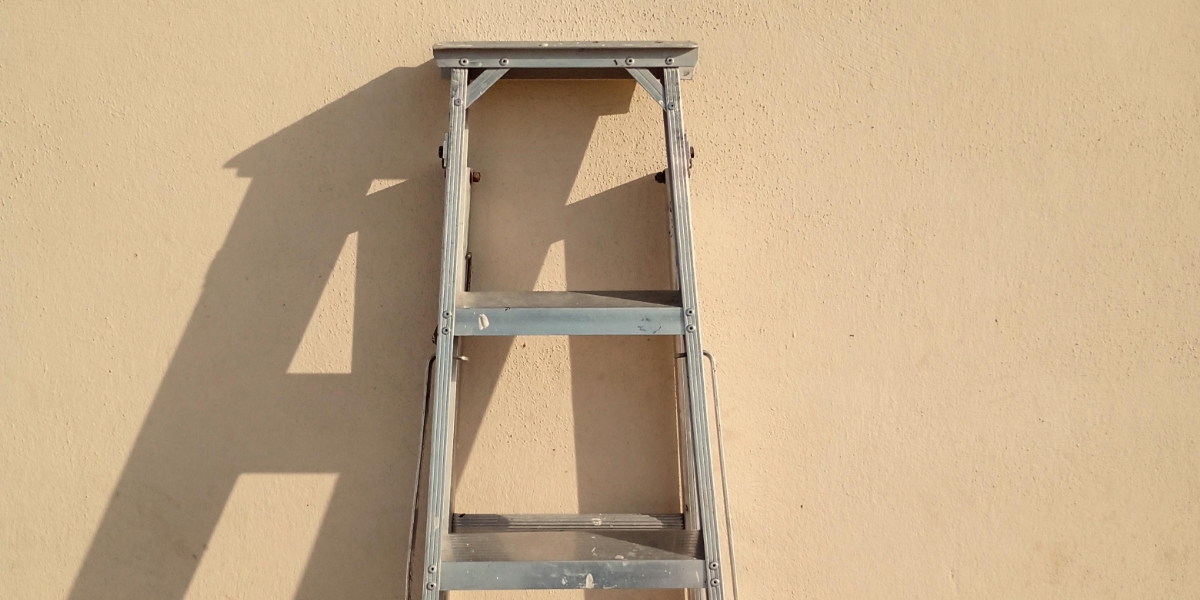Interested in buying your first house? The Home Buyers’ Plan (HBP) lets you use your RRSP, tax-free, to do so. But how does it work and what are the conditions? Find out what it's all about below.
How to buy a house in Canada: 10 steps to follow
Are you ready to start house hunting? There’s a lot to do before you get the keys to your new place. Get prepared by knowing the 10 steps to buying a new house.

When you’re buying a house, there’s a lot to do before you get the keys to your new place. It can feel overwhelming at first, but house hunting can be a lot of fun. Knowing what to expect is key to your success – and enjoyment.
To help you prepare, here are 10 questions you’ll want to consider when buying a new house.
1. What kind of house do you want?
When you’re starting your house-buying process, the first thing you need to do is establish your must-have list. Think about things like:
- Do you want a condo, townhouse, semi- or detached home?
- How many bedrooms do you need?
- How many bathrooms would be ideal?
- Which neighborhoods would be best?
- Do you need a yard?
- Is accessibility in or around your home a factor?
- Do you need access to public transit?
2. How do you know what you can afford?
When it comes to setting your budget, you need to think about your:
- down payment,
- closing costs,
- monthly mortgage payments and
- monthly bills.
Getting pre-approved for a mortgage will help you know what you can afford. You’ll need to decide if a fixed-rate or variable-rate mortgage will work best for you.
If you’re looking for ways to fund a first-time home purchase, be sure to check out and talk to an advisor about both the:
- Tax-free First Home Savings Account (FHSA) – a registered investment account that allows you to contribute up to $40,000 (with an annual contribution limit of $8,000) to buy your first home in Canada; and
- Home Buyer’s Plan (HBP) – which lets you withdraw up to $35,000 from your RRSP to buy or build your first home in Canada – either for yourself or a relative with a disability.
Read more: How much does it cost to own a home?
3. Who do you need to work with to buy a home?
A house is a large investment. It’s a good idea to work with professionals who are knowledgeable, professional, and responsive. During your home-buying process, you’ll need to work with:
- A realtor. They can help you find the house and guide you through the offer and closing process.
- A lawyer or a notary. They can help you handle the house purchase and look after your legal interests.
- An advisor. They can help you find the right insurance solutions to protect your family – and their ability to pay the mortgage.
4. How can you see the houses you’re interested in?
This is the fun part! You can search online to find houses that fit your criteria. Then, your realtor can set up times for you to see the house, in person or virtually. Virtual house showings have been around for some time now, usually for overseas sales. However, virtual showings became much more common due to the pandemic.
5. How do you make an offer on a house?
When you find the perfect place, your realtor can help you negotiate the purchase price. From there, it may result in a few scenarios. The seller may:
- accept your initial offer,
- reject your offer, or
- sign it back at a higher amount. If this is the case, then you can choose to:
- accept the seller’s price,
- walk away, or
- keep negotiating to reach a price acceptable for you and the seller.
You can make your offer conditional on things like:
- a home inspection,
- the sale of your current home (if you have one), or
- financing (confirming your mortgage is in place).
However, if multiple offers are on the table, a seller is more likely to accept an unconditional offer.
6. Do you need a home inspection?
You may choose to get a home inspection before or after your purchase. A home inspection gives you a baseline for understanding what the condition of your house is.
A qualified home inspector can tell you what shape important things are in, such as:
- wiring,
- plumbing,
- the roof, and
- foundation.
If your offer is conditional on a home inspection, you might be able to ask the homeowners to fix any issues.
During competitive housing markets, many homebuyers choose to forgo a home inspection. However, that comes with its own set of risks. If you don't get a home inspection, you're relying on the seller to disclose everything about the house. Having an impartial opinion from a licensed home inspector can help reduce your risk.
7. How can you protect your mortgage?
Your house is a big investment. You’ll want to make sure it’s protected. Mortgage protection combines term life insurance and critical illness insurance.
Critical illness insurance gives you a one-time payment if you become seriously ill with a covered illness. You can use the money for your mortgage or other expenses as you choose.
Life insurance pays a tax-free amount to your chosen beneficiary (the person who receives the payment) when you die. Your loved ones can choose how to spend the money, including paying off your mortgage, manage other debts, and more.
Want to apply for your life or critical illness insurance online?
You can, with Sun Life Go insurance.
8. How do you get homeowner’s insurance?
Homeowners insurance (also known as property or home insurance) is a necessity. It protects your house and belongings from things like fire, damage, or theft. Mortgage companies may require homeowners to provide proof of insurance to close your deal. You can work with an insurance broker to find the right homeowner’s insurance for you.
9. What do you do when your offer is accepted?
Once the sellers accept your offer and your deal is final, you can get ready to move.
Plan for your moving day with some logistics like:
- Booking a moving truck, hiring movers, or asking your friends to help.
- Securing the building’s elevator if you’re moving into a condo.
- Getting packing supplies. You’ll need boxes, tape, labels, and material for wrapping breakable things.
- Setting up mail forwarding. This will ensure Canada Post directs your mail to your new address after you move until all your address changes are complete.
- Having utilities lined up for your new place. This includes electricity, water, home phone/Internet/cable and heating fuel, such as natural gas or oil.
10. How will you know when you can officially move in?
On closing day, your lawyer will contact you when your purchase is final. Then, you can pick up your keys and move into your new house!
Need help saving or getting insurance?
Do you need help saving to buy a house? Or maybe you need help to understand your insurance options? Whatever the case, a Sun Life advisor can:
- explain your options,
- answer your questions, and
- help you build a plan that meets your needs and goals.
This article is intended to provide general information only. Sun Life Assurance Company of Canada and Sun Life advisors do not provide legal, accounting or taxation advice to Clients. Before acting on any of the information presented, make sure you seek advice from a qualified professional, including a thorough examination of your specific legal, accounting and tax situation.


